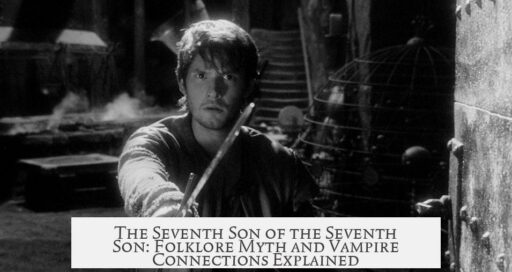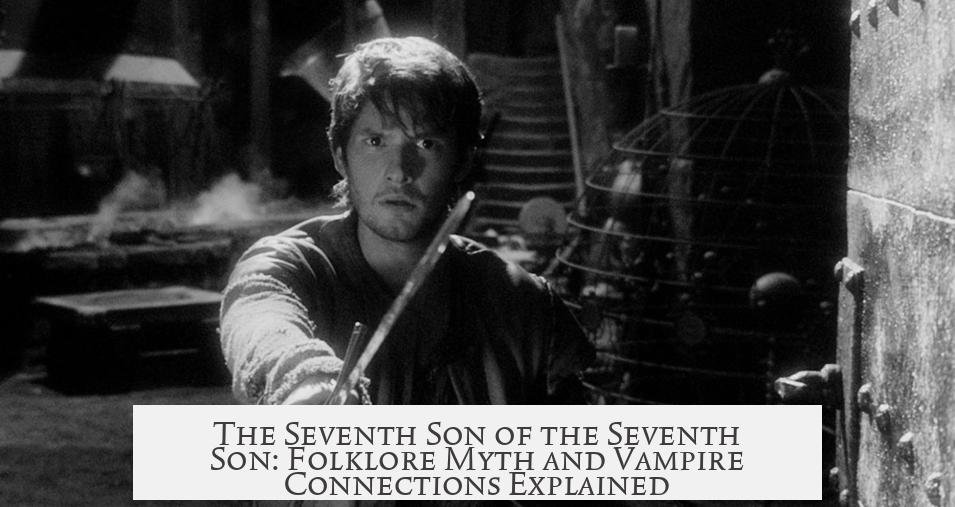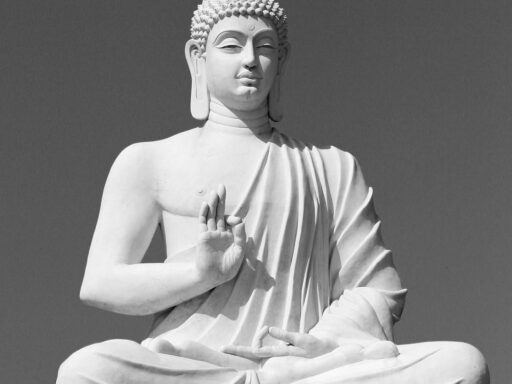The belief that the “seventh son of the seventh son” was a vampire is not a widespread or traditional folklore theme. Rather, this figure generally held a unique supernatural status, most commonly associated with healing or special powers, rather than vampirism. The idea that such an individual would become a vampire appears to be a modern or limited regional claim, especially linked mainly to some interpretations of Transylvanian folklore, but lacks broad folkloric support. They were not hated because of vampirism; instead, their rarity and the mystical value of the number seven gave rise to special expectations and sometimes ambivalence, not outright hostility.
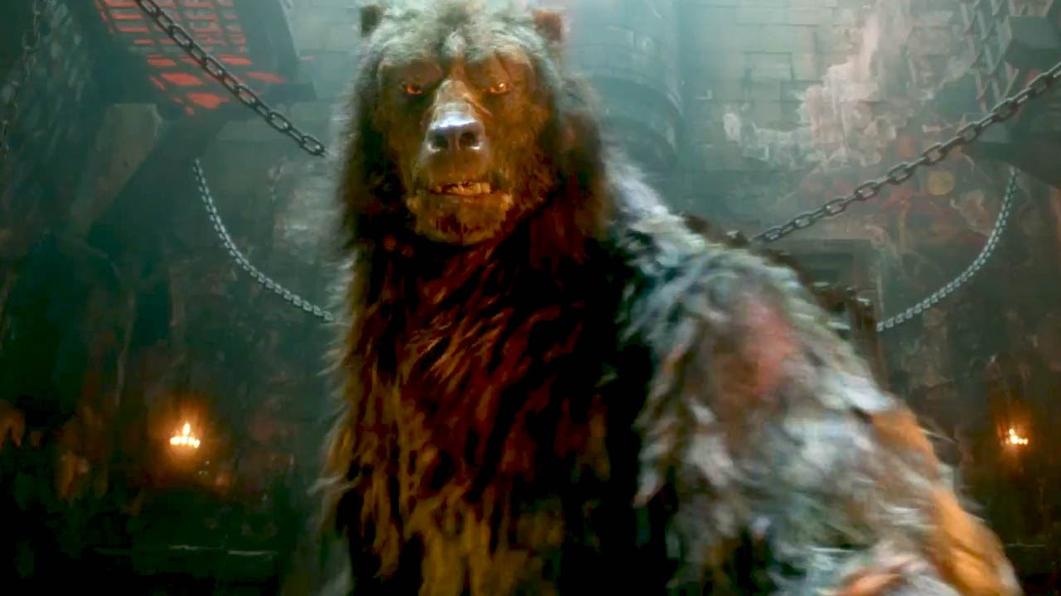
The number seven holds powerful significance in European folklore. It is a prime number and often thought to carry magical potency. When a seventh son was born to a man who himself was the seventh son, this rare event suggested exceptional supernatural traits. Most commonly, the “seventh son of a seventh son” was believed to possess healing powers or other preternatural gifts. This concept is widespread across different cultures, including Irish, Romanian, Latin American, and Native American traditions.
For example, in Irish folklore, such a person might be able to cure illness by touch. This role is positive and revered rather than feared. The idea that this figure would turn into a vampire—a blood-sucking undead creature—does not emerge strongly from traditional sources.

Raymond T. McNally and Radu Florescu, historians specializing in Eastern Europe, suggested that in some parts of Transylvania, a child born as the “seventh son of a seventh son” was cursed to become a vampire.
However, this assertion is controversial. Folklorists caution against assuming that this belief was widespread or deeply embedded in Romanian or Transylvanian folk traditions. Folk beliefs vary widely, and sources often require careful scrutiny. The vampire connection might reflect particular local stories or a conflation of folklore elements rather than a common idea.
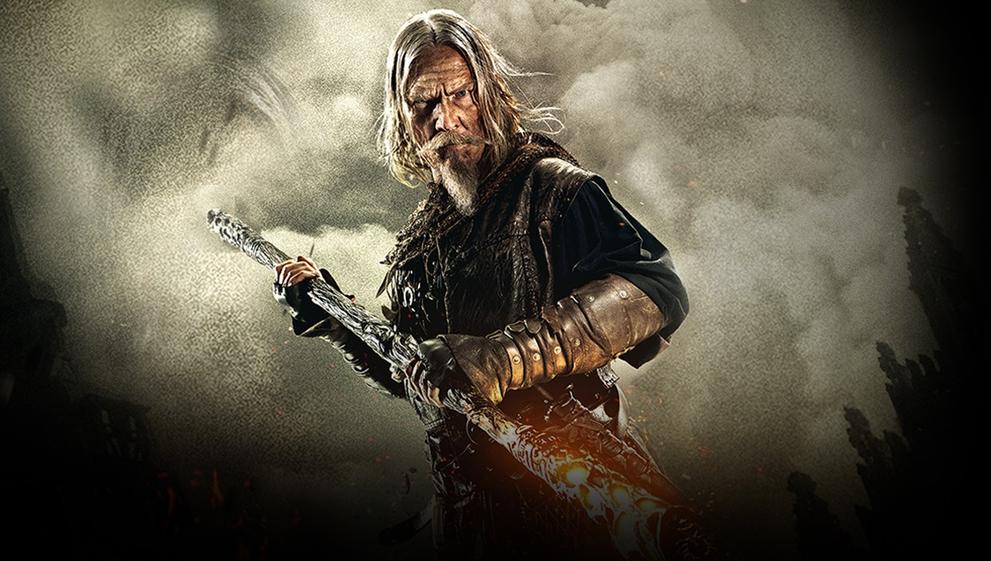
The association of the “seventh son of a seventh son” with vampires likely arises from a few factors:
- The mystical power of the number seven, often linked to magic and supernatural phenomena.
- The stranger or outsider status that a person with unusual powers might have in folklore, paralleling the outsider nature of vampires.
- Modern reinterpretations blending various folk motifs. Vampires, as famous supernatural creatures from Eastern Europe, may have been joined with the “seventh son” motif in some tales or popular culture.
It is important to note that this figure was more often viewed with awe or hope. The “seventh son of a seventh son” was seen primarily as a healer or a person with a special destiny, not an outcast or cursed creature causing fear. The rare birth was a sign of something extraordinary rather than something evil.
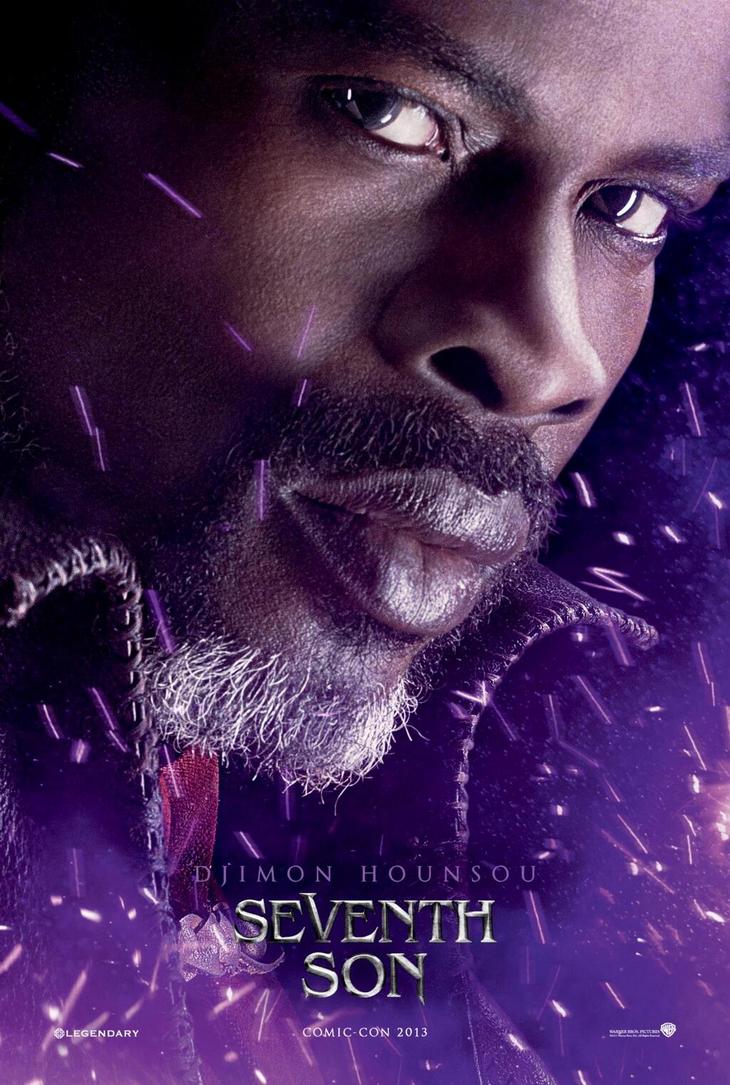
Across cultures, the attribution of magical powers to seventh sons appears in many contexts. For example, African-American folklore recognizes the seventh son as gifted with magico-religious significance. Literature like W.E.B. Du Bois’s The Souls of Black Folk uses the “seventh son” metaphor to discuss vision and heightened perception in the African-American experience.
In summary, folklore does not broadly condemn or hate the “seventh son of the seventh son” as a vampire. The vampire association remains a narrow and modern claim rather than a traditional one. Instead, these individuals were regarded with reverence or special expectations due to the potent symbolism of the number seven and the rarity of their birth.
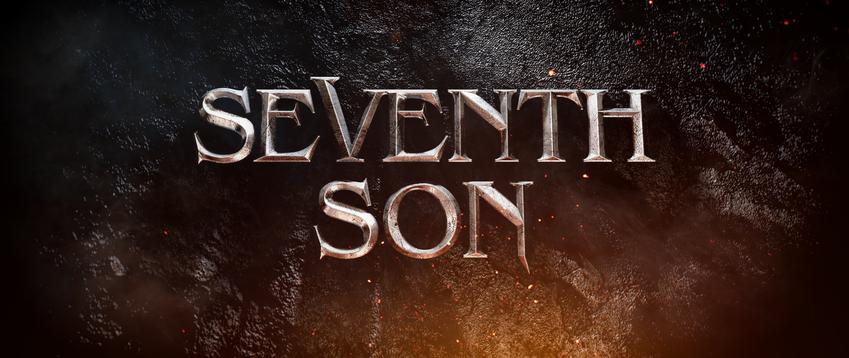
| Aspect | Details |
|---|---|
| Traditional Belief | Healer or person with supernatural powers |
| Vampire Association | Limited to selective Transylvanian folklore claims; not widespread |
| Reason for Special Status | Rarity and mystical power of number seven |
| Hated or Feared? | No clear evidence of hatred; more often awe or respect |
| Cultural Variations | Present in Irish, Romanian, African-American folklore with varying powers and roles |
- The “seventh son of the seventh son” is usually linked to healing and special powers, not vampirism.
- Historical claims linking them to vampirism come from limited Transylvanian folklore sources and remain debated.
- Number seven’s mystical importance and the rarity of such births underlie their unique status.
- They were not broadly hated; rather, folklore focuses on their special, sometimes ambivalent, supernatural role.
- Folklore varies widely, so some modern or local stories may blend or reinterpret these themes.
Is The Seventh Son of the Seventh Son Really a Vampire? Unmasking the Folklore Mystery
So, is there a reason in folklore that the “seventh son of the seventh son” was supposed to be a vampire? Were they hated for that reason? The short, intriguing answer is: mostly no. While a couple of historians have linked this rare birth status to vampirism in Transylvania, the broader, richer folklore picture usually paints these individuals as gifted healers or mystical figures rather than blood-sucking monsters. And hatred? That’s rarely part of the story.
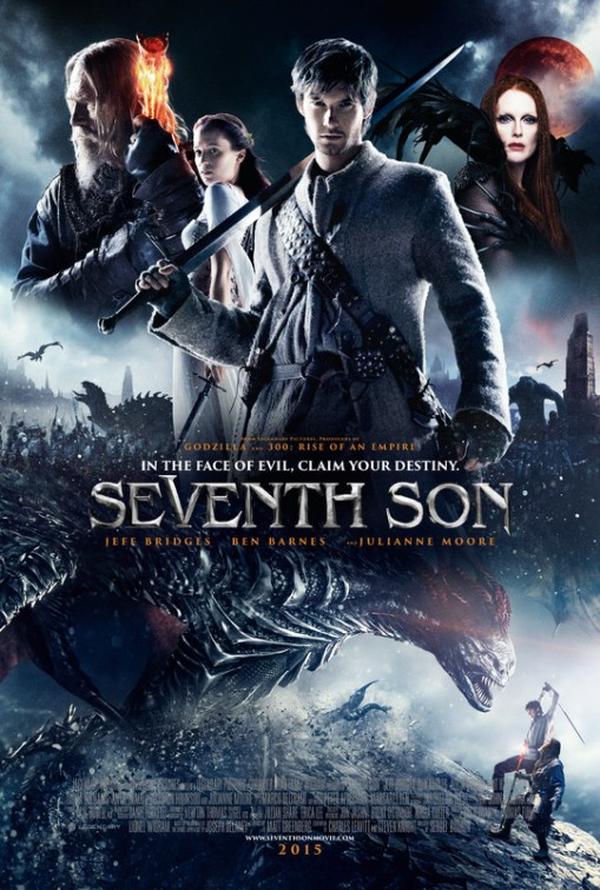
If you’ve ever heard about the mystique of the seventh son of the seventh son, chances are you’ve stumbled into some thick folklore webs tangled with magic, superstition, and vivid storytelling. Let’s unravel them together.
The Magical Number Seven and Its Rare Spawn
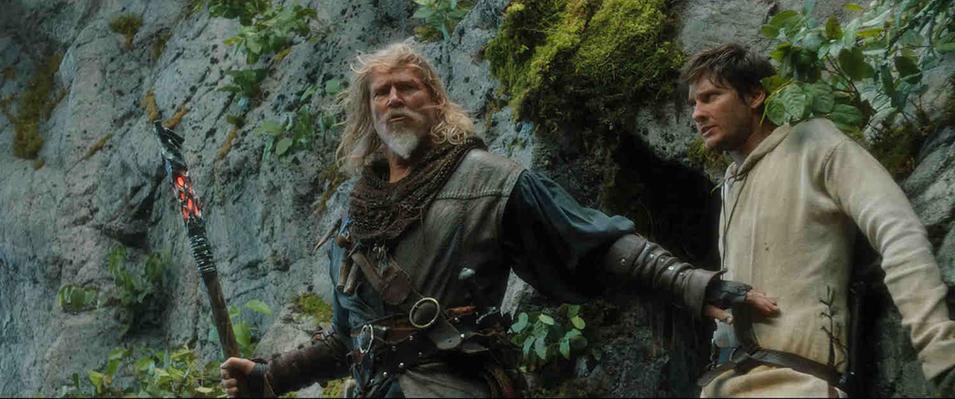
First off, why all the fuss about the seventh son of a seventh son? Seven has a special place in European folklore—it’s often seen as mystical, powerful, or uniquely potent. Because seven is a prime number, it cannot be “broken down,” lending an air of mystery and purity.
Now, imagine a father who has seven sons. Among them, the seventh son is already a bit unusual. But when that seventh son grows up and has *seven* sons himself—with his seventh son then being born—the final child is exceedingly rare. Such rarity often triggered awe or suspicion in old-times. Think of it as the unicorn among horses.
Folklore often grants this rare seventh son of a seventh son supernatural status, frequently portraying him as a healer with remarkable skills. In Irish tales, for instance, it is believed that such a person could heal people simply by touch. This tradition extends beyond Ireland—to Romanian, Latin American, and even Native American folklore—where special destiny or magical powers are attributed rather than curses or evil.
Where Did The Vampire Idea Come From?
Enter two 20th-century historians, Raymond T. McNally and Radu Florescu, who asserted the seventh son of a seventh son would, in some Transylvanian beliefs, be cursed to become a vampire. According to them, this rare child would turn into a “walking, blood-sucking corpse.”
This claim sparked many imaginations, given Transylvania’s popular image thanks to Bram Stoker’s Dracula.
However, scholars and folklorists often treat this claim with skepticism. Why? Because folk beliefs are not monoliths. They vary widely across regions and centuries. Just because a rare legend springs up somewhere doesn’t mean it represents broad, commonly held belief.
Moreover, McNally and Florescu, historians by training, may have had limited access to the nuanced and highly variable nature of local folk traditions. Folklore needs source criticism—in other words, you have to check who recorded the tale, when, and under what circumstances before declaring it “fact.”
The Positive Legacy: Gifted, Not Hated
Despite the darker vampire rumor, the overwhelming majority of folklore portrays the seventh son of a seventh son as someone special, usually for good reasons. The rarity of their birth and the mystical power of the number seven lead to expectations that they have remarkable powers, such as healing or other forms of magic.
Importantly, there’s no traditional evidence that they were hated or feared as vampires in any widespread sense. If anything, these individuals were respected or even revered because of their unique gifts. Their supposed “supernatural” qualities put them somewhat apart from the community, but isolation doesn’t mean hatred.
Could Modern Mashups Blur The Lines?
The idea that the seventh son of the seventh son might be linked to vampirism may well be a modern blend of different folk motifs. The mystical number seven features across many superstitions and stories. Vampires, as enigmatic creatures of the night, are popular folklore figures in parts of Eastern Europe.
When you mix the two, it’s easy to see how someone might have conflated the seventh son’s rarity and power with the eerie undead. However, this seems more like a creative twist than authentic, widely-held belief.
Is There a Thematic Connection Between Otherness and Vampires?
It’s worth noting that both vampires and the seventh sons of seventh sons share a thematic strand: otherness. Vampires are often outcasts, outsiders cursed or blessed with uncommon powers. Similarly, the rare seventh son of a seventh son might have been viewed as different because of their unique preternatural gifts.
But do these parallels justify turning the seventh son into a vampire? Probably not. Instead, they reveal a common folkloric theme—individuals set apart by birth or power can evoke mystery and sometimes unease. Folklore loves to explore this borderland between the ordinary and extraordinary.
A Quick Glance Beyond Europe
Interestingly, the seventh son concept also appears in African-American folklore, where it symbolizes magico-religious power rather than vampirism. W.E.B. Du Bois famously used the motif metaphorically, describing African Americans as “seventh sons born with a veil,” gifted with a kind of second sight born from hardship and otherness.
This cross-cultural presence supports that the “seventh son” is typically linked to mystical power and unique destiny. Vampires? Not so much.
In Summary: Who Is The Seventh Son of The Seventh Son?
| Aspect | Folklore Reality |
|---|---|
| Rarity | Very rare birth status, seen as unique |
| Traditional Powers | Healing abilities, magical gifts, special destiny |
| Vampire Association | Limited claim in specific Transylvanian folklore; not widespread or typical |
| Community Attitude | Respect might be mixed with awe; no strong evidence of hatred |
| Cultural Variance | Present in Irish, Romanian, Latin American, Native American, African-American stories |
Practical Takeaway: What Should You Believe?
Folklore is rich and messy. It shifts like mist, adapting to time and place. The story of the seventh son of the seventh son being a vampire is most likely a *modern cocktail* of lore elements shaken together for dramatic effect, not an ancient universally accepted truth.
Next time someone warns you to watch out for the “seventh son of the seventh son” lurking in the shadows, remember: they’re probably not after your blood. They might just heal you—or, at worst, give a fascinating tale over a campfire.
Have you encountered stories where a seventh son of a seventh son was cast as a vampire? Or perhaps as a healer or mystical figure? Share your experiences or favorite legends below. Let’s untangle myth and reality, one seventh son at a time!
